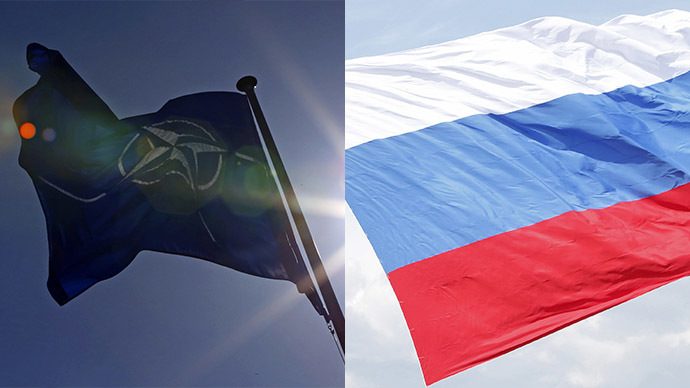Re-engagement between Russia and NATO in everyone’s interest

The end of the Cold War provided unprecedented opportunities to overcome divisions in Europe. After the collapse of the Soviet Union, Russia extensively contributed to building a peaceful, secure and stable Euro-Atlantic area.
We made a crucial contribution to the elimination of the material legacy of the era of ideological and military confrontation. Our country assumed the obligations of withdrawing its troops and armaments from Germany, Central and Eastern Europe and later from the Baltic countries.
For the last 25 years, Russia has reacted positively to reasonable and mutually beneficial initiatives proposed by its Western partners in the sphere of European security, although those have been scarce and not far-reaching. Russian and NATO navies have been patrolling the Mediterranean Sea under the framework of the “Active Endeavour” operation, cooperating on counter-terrorism issues, and jointly fighting piracy in the Gulf of Aden. Russian peacekeepers participated alongside brigades from NATO Member States in the operation under the UNSC mandate in Bosnia and Herzegovina in 1995-2003. There are many other examples of mutually beneficial cooperation. In 1990, Russia signed the Treaty on Conventional Armed Forces in Europe (CFE) and cut thousands of conventional armaments and equipment pieces. Another effort to end the legacy of the Cold War was made by Russia in June 2008, when we proposed concluding a European security treaty that was intended to build a common space of military and political security in the Euro-Atlantic area for all states, regardless of their membership in military or political alliances. It also aimed to find a common denominator in a patchwork security architecture, still littered with institutions inherited from the Cold War era.
Unfortunately, Western countries have opted for a “closed shop” philosophy, i.e. mechanical NATO eastward enlargement at the expense of the development and consolidation of truly regional (in the sense of Chapter VIII of the UN Charter) European institutions. The US has made efforts to build a missile defence system in Europe that directly affects the security interests of our country, and undermines strategic stability. As a result, dividing lines in Europe persist, and the ensuing tensions and deterioration of trust have brought about the Ukrainian crisis as sort of self-fulfilling prophecy.
Since the beginning of the Ukrainian crisis, the alliance has been using the pretext of so-called “Russian aggression” to consistently increase its military presence near Russia’s borders. NATO has decided to suspend all practical cooperation and, de-facto, to stop the work of the NATO-Russian Council. This can and actually has already led to negative consequences - military and political risks have increased, and many opportunities have been missed as a result of lack of cooperation with Russia. The alliance’s choice to suspend practical collaboration with Russia does not contribute to the fight against threats and challenges which are common to NATO member-countries and Russia.
The current negative trend is not Russia’s choice. We are convinced that there is no real alternative to mutually beneficial and broad cooperation between Russia and NATO on the basis of equality, pragmatism and respect for each other’s interests. Russia is not interested in confrontation. In a crisis, our cooperation is all the more important, but it has to be all-weather, for better or worse. And it is the only antidote to the temptation of unilateralism, which is always counterproductive, destabilising and self-destructive.
MORE:
The statements, views and opinions expressed in this column are solely those of the author and do not necessarily represent those of RT.
The statements, views and opinions expressed in this column are solely those of the author and do not necessarily represent those of RT.













